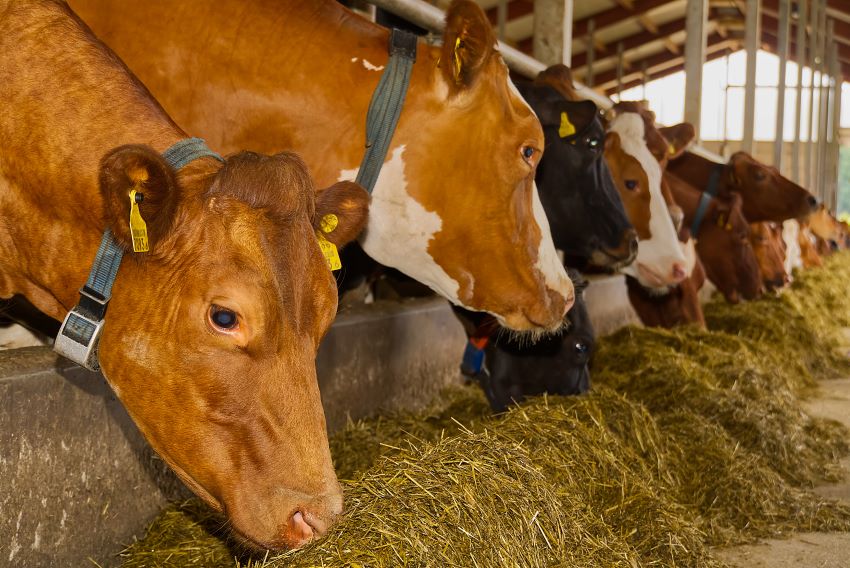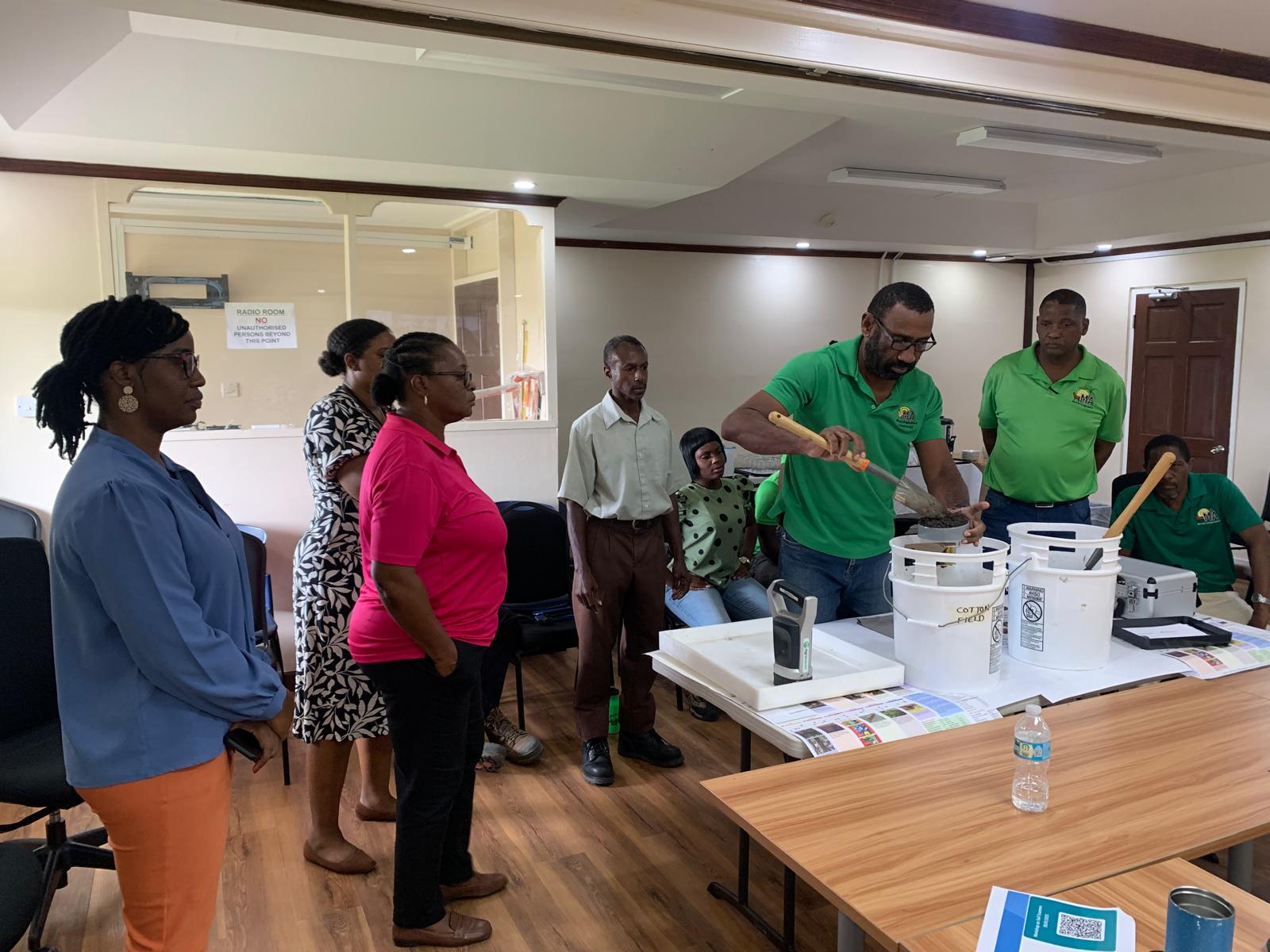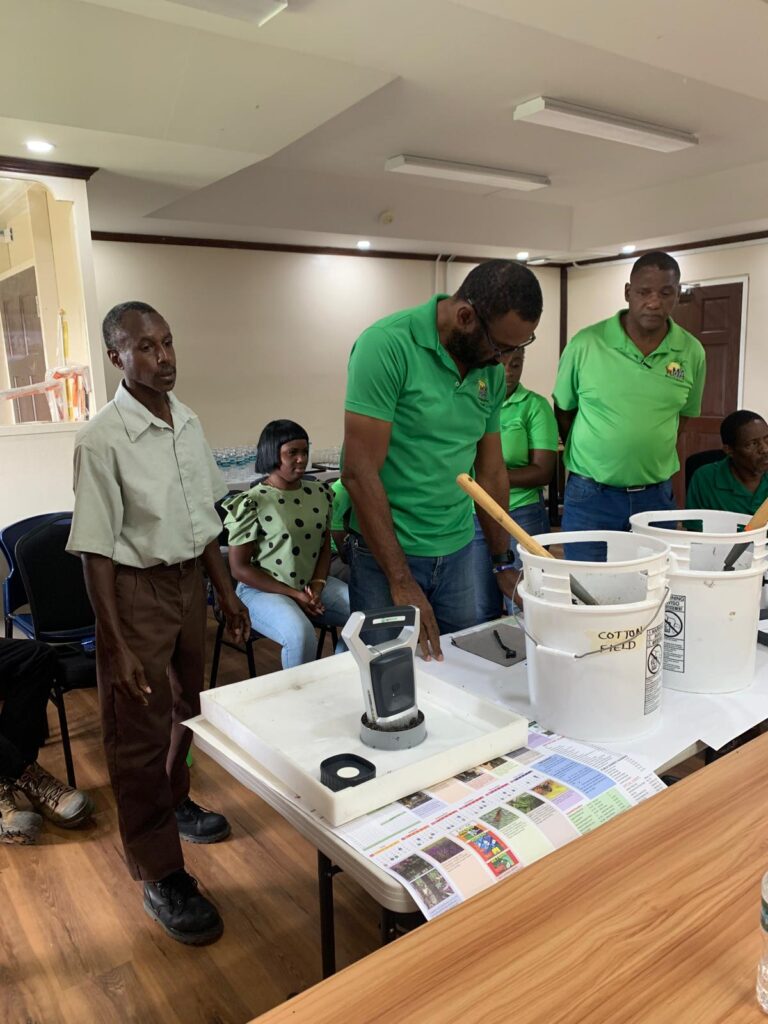As part of its efforts to revitalize the Caribbean’s cocoa industry to enhance food security, the Food and Agriculture Organization of the United Nations (FAO) has been strengthening the sector’s foundations as a crucial undertaking. FAO in partnership with the University of the West Indies Cocoa Research Centre in Trinidad and Tobago hosted a Master Class in Chocolate Making for chocolatiers in the Caribbean.
The four-day workshop which was attended by chocolatiers from Saint Lucia, Dominica, Grenada and Trinidad and Tobago, was championed by Chef Régis Bouet, a renown chocolatier with 30 years experience as Research and Development Director of the French chocolate maker Weiss and finalist of the Meilleur Ouvrier de France chocolatier confiseur.
Throughout the workshop the participants gained an understanding of how quality is interconnected throughout the cocoa value chain, while developing an enhanced sense of taste, aroma and value-added products of chocolate, as well as linking with important workspace and equipment requirements. During the training, they learnt critical procedures and stages of roasting, use of cocoa butter and perfecting the art of the pre-crystallization process and understanding factors impacting taste and shelf life for high quality chocolate. Participants also learnt the science behind making ganache, panning techniques and different recipes for quality value-added products.
“I am really grateful for this opportunity. I’ve been learning a lot of new things about pre-crystallization and how chocolate is really made” stated Jamal Prince, a participant from Dominica. Jamal has been making cocoa cubes and powders, including instant cocoa beverage for 15 years, and started cultivating his own cocoa trees three years ago.
“The training was phenomenal and I learnt a lot of new techniques in chocolate making. It will help me get ready to export my products regionally and internationally”, expressed Maria Jackson, another participant and owner of Cacoa Sainte Lucie, a small business that produces gourmet chocolates in Saint Lucia. Her business started off in a small retrofitted garage, but has grown and evolved with a team of 15 employees, creating a wide range of cocoa-based products, including chocolate bars, bonbons, cocoa sticks, candles, soaps and more.
Anne Desrochers, Plant Production and Protection Specialist with FAO indicated that “The advanced master class on chocolate making was designed for Caribbean chocolatiers actively involved in chocolate making and cocoa processing, who were looking to enhance the quality of their products and share experiences with other chocolatiers”. The training covered critical aspects of quality chocolate making in addition to the commercial aspects of running a viable business. Ms. Desrochers expressed that this approach was particularly important to ensure the sustainability of businesses given that Caribbean Small Island Developing States (SIDS) are vulnerable to natural disasters.
Meanwhile, Chef Régis Bouet, spoke on the success of the workshop, He commented that, “What was intended to be a training course turned into a convivial moment of sharing with motivated people. I was delighted to give them as much as I could”.
“The critical aspects of cocoa processing and high quality chocolate confectionery were discussed through theory, demonstration sessions and hands-on practice. This highly anticipated training, which focused on key areas of skill set development for chocolate makers in the region, generated high interest and was very well received by participants from across the Caribbean”, she expressed.
Caption: Back rows: Caribbean Chocolatiers participants,
Front row: Anne Desrochers and Renata Clarke, FAO’s Subregional Coordinator and Chef Régis Bouet
According to the International Cocoa Organization (ICCO), the relatively small share of fine flavour cocoa world exports is estimated at approximately 12%, Latin America and the Caribbean being the main exporting region, accounting for 90% of the world exports. The balmy temperatures of the Caribbean islands are ideal for growing cocoa trees, and some of the world’s finest and most flavourable cocoa are produced in the region. (PR)
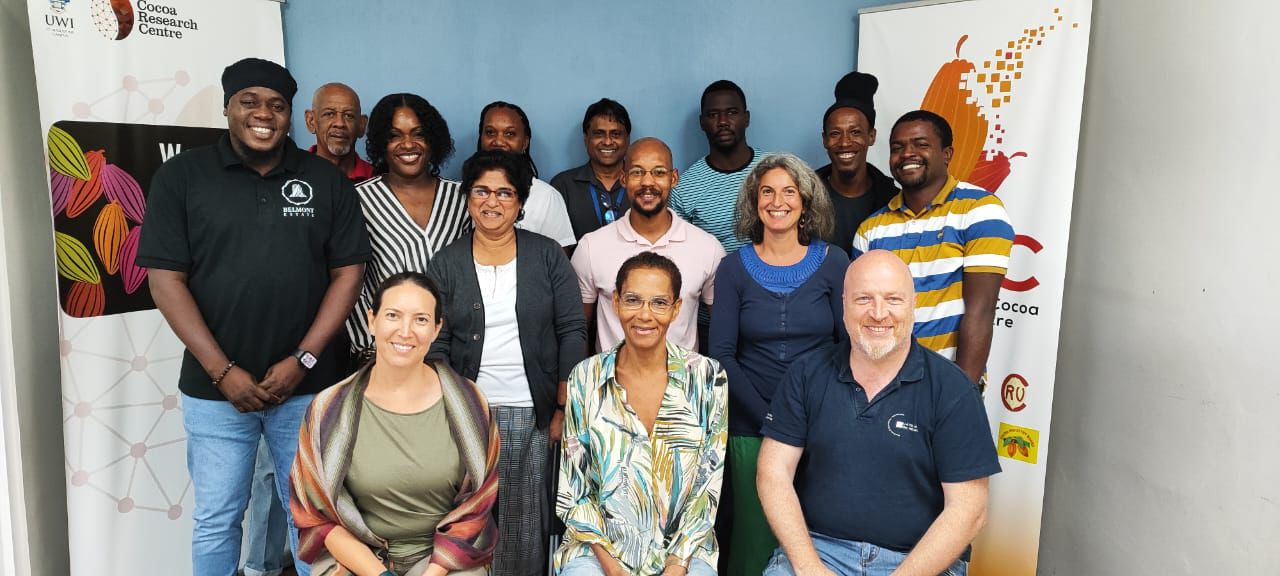

 Sports5 days ago
Sports5 days ago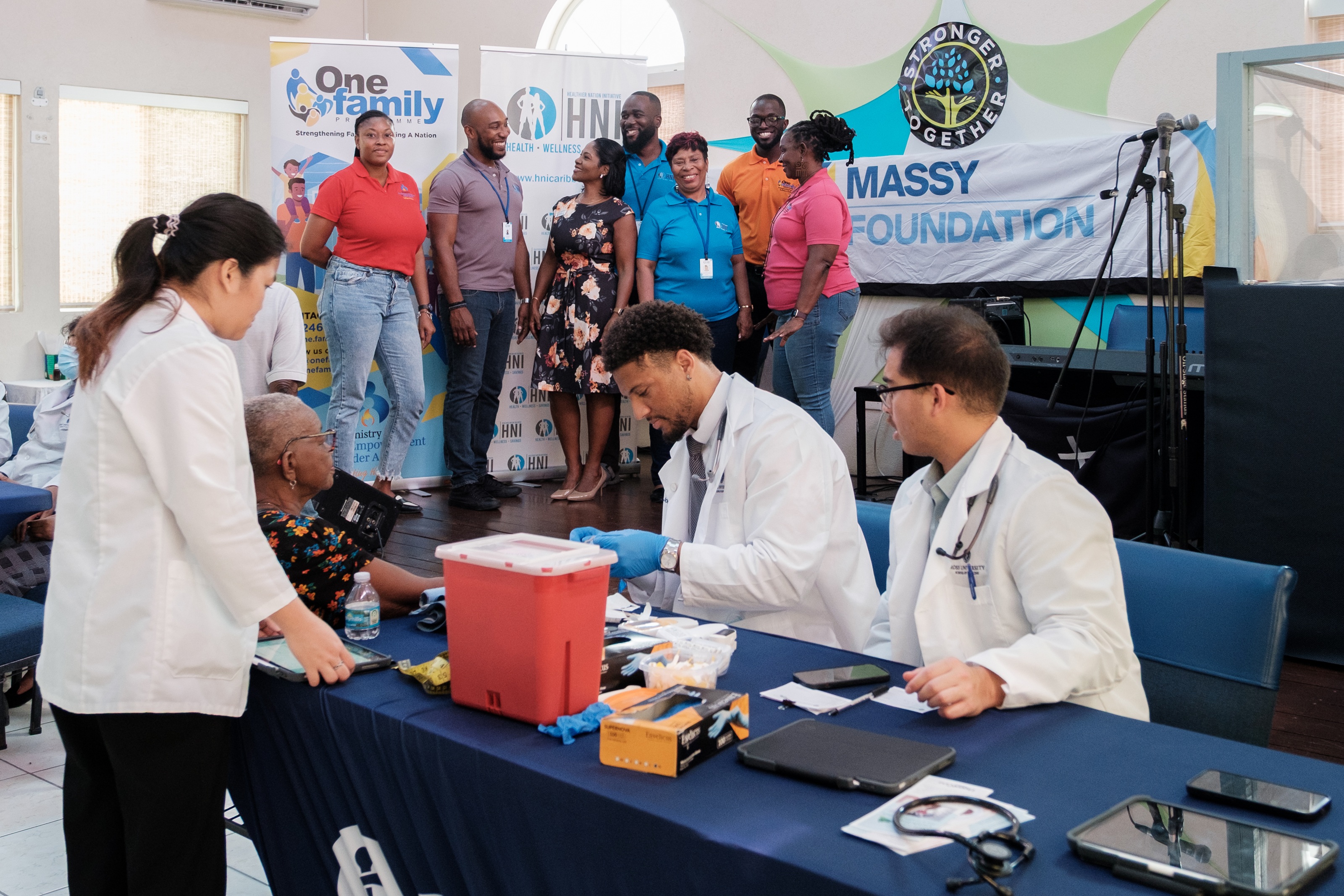
 Government2 weeks ago
Government2 weeks ago
 Features2 weeks ago
Features2 weeks ago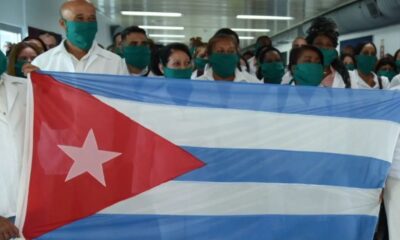
 International3 weeks ago
International3 weeks ago
 Business3 weeks ago
Business3 weeks ago
 Lifestyle2 weeks ago
Lifestyle2 weeks ago
 Education2 weeks ago
Education2 weeks ago
 Government2 weeks ago
Government2 weeks ago






